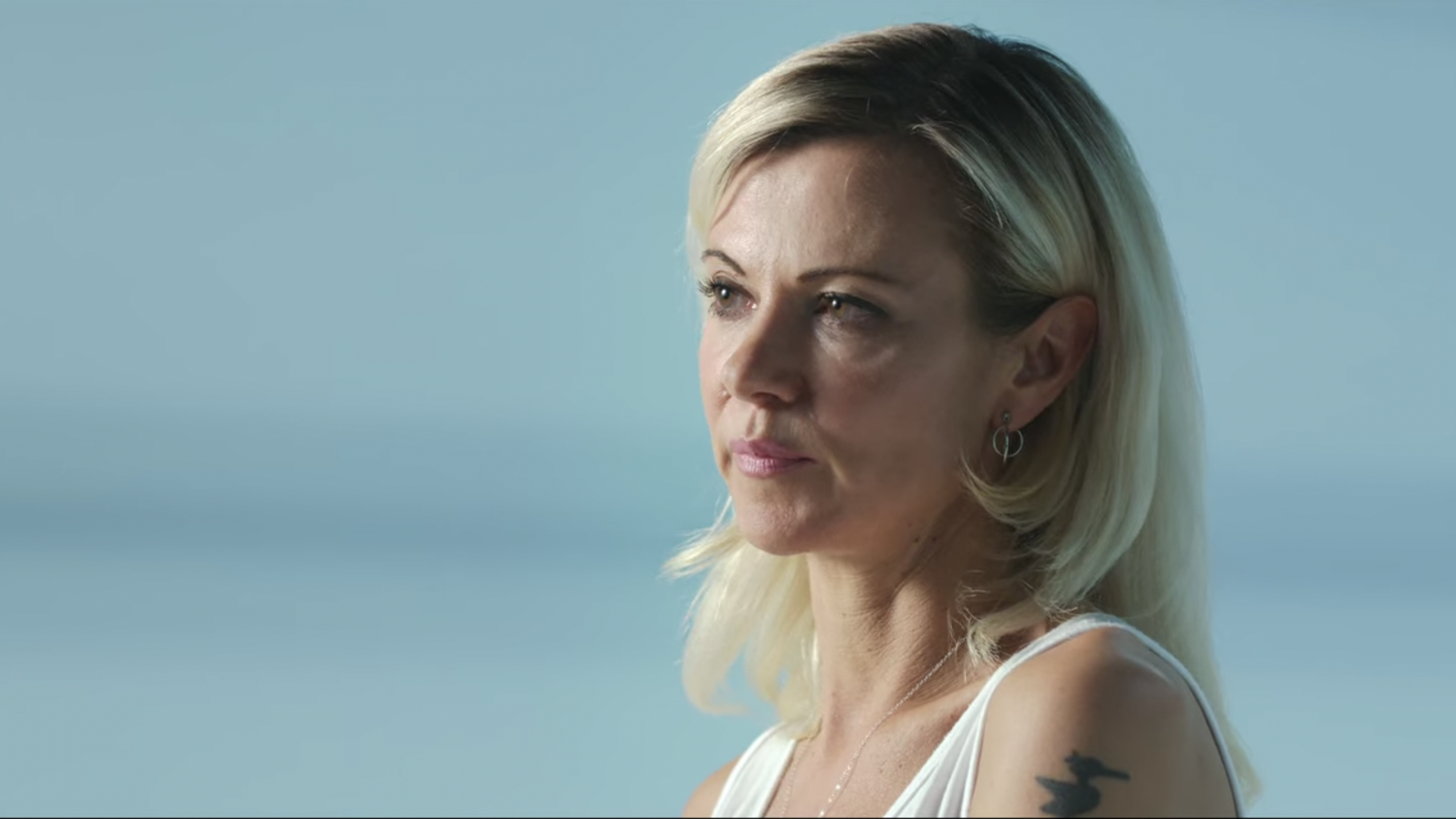How Bad Vegan Reminds Us That Not All Vegans Are Bad
The Netflix docuseries shows how our perception of veganism is flawed.
The latest in the string of Netflix's true-crime docuseries is the genre at its best: Where some documentaries are full of unnecessary speculation or rehash well-known facts, Bad Vegan digs deep into the nuances of Sarma Melngailis's entanglement with her abusive, scamming husband, and the ripple effect of both of their actions. And perhaps one of the greatest revelations throughout the four-episode limited series is an indictment of how the world treats people who eat a vegan diet.
What is Bad Vegan about?
The docuseries (which I highly recommend) follows Melngailis, a chef who ran Pure Food and Wine and One Lucky Duck, two highly acclaimed vegan and raw food restaurants in New York City. The series features her employees, food critics, and family talking about the restaurants' heyday—and Melngailis' loneliness. She adopted a dog, Leon, as a companion to combat the latter and soon fell in with Anthony Strangis, who went by many names, eventually marrying him and sharing her business.
The docuseries reveals the twists and turns of Melnagailis' relationship with Strangis, which led to her sending him more than a million dollars as part of a supernatural test that would eventually lead to her and her dog Leon's immortality (it sounds crazy, sure, but the series reveals even more details and intricacies that make you understand how the relationship gets to this point). Because all of Melnagailis' money was in her business, her constant lending of funds to her husband eventually affects her employees, who walk out not once, but twice after not being paid.
In the end, the story that is most known from its news coverage in 2016, Melnagailis and Strangis went on the run to Pigeon Forge, Tennessee, and were eventually caught because of a Domino's pizza order—the two were arrested for fraud.
Why being a vegan hardly matters in Bad Vegan
It's common (and easy) for people to make vegans the butt of a joke. There's a perception that they see themselves as better than others, or that they're crunchy granola hippies who aren't to be taken seriously, or that it's unfathomable that they would deprive themselves of cheese and ice cream.
"Just eat a cheeseburger, already!" was a real phrase thrown around by the media when covering Melnagailis' case as shown in the doc. While more important details of the case were buried in the stories about Melnagailis and Strangis' arrest—like a giant unpaid tab at a Vegas hotel—every publication and social media meme focused on the fact that this raw food restaurateur was caught because of a pizza. Instead of looking into the story any further, the public delighted in the chance to dunk on this woman for getting caught eating a pizza and being a bad vegan, the phrase the Netflix documentary itself cashes in on.
But what's revealed over the course of the series is that Melnagailis herself was a victim of fraud. Trapped in an emotionally abusive relationship, she found herself forced to give up her life's work to hide away in hotel rooms. Even after, her veganism is seen as her downfall. Of course she would believe in the supernatural story this man was telling her, some interviewees supposed. Vegans are always into that new age stuff.
But ultimately, Melnagailis' diet had nothing to do with her demise. Imagine being essentially held hostage by your abusive husband for nearly a year, only to be told to just "eat a cheeseburger already."
Being vegan should no longer be a punchline, and veganism shouldn't be framed as a villainous thing. There are good and bad people who eat all kinds of diets. Let's take a lesson from this series and look at everyone simply as a person regardless of what they choose to eat—unless it's people, but that's a different true crime doc for a different time.
